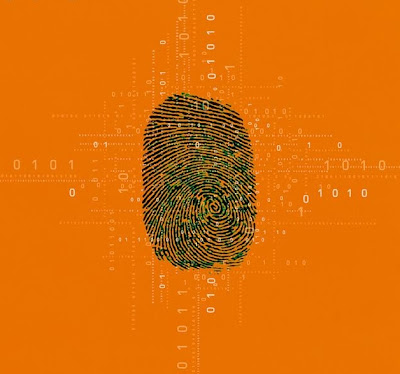
Come on, we all know this phrase, we all use this phrase. But guess what--it sucks. The phrase per se is flawed, so why should we use it? "I think, therefore I am" is possibly the single best-known philosophical statement and is attributed to René Descartes. Cogito ergo sum (in Latin) is a translation of Descartes' original French statement, Je pense, donc, je suis.
Cogito ergo sum anticipates that our daily desicion-making such as what to do and why, or, particularly important in business, what to buy and why, is the consequence of a strictly rational way of thinking. This idea, brought up by Descartes in 17th century and supported by his partisans (so called continental rationalists) Leibnitz and Spinoza, is simply flawed and untrue. A dead wood indeed. Do I have to prove it? Come on! Take your time, look around yourself and think for a while...
"I think, therefore I am" somehow excludes a lot of people from belonging to homo sapiens, don´t you think so? Well I believe so ;o)
Studies of human psychology have proven people´s decision-making anything but strictly rational; all of us, as living creatures, are permanently finding ourselves, more or less, in a very volatile, unstable, and therefore highly unpredictable mental shape / emotional mood (Bolzano). This eventually prevents us from 100 per cent rational thinking, which makes the difference between a living person--emotionally engaged-- and a dead person--emotionally "disengaged" (or neutral).
Česká vsuvka - kdo máte doma Bureššovu knihu Poziční strategie v marketingu (kterou jsem si překřtil na Všechno co doopravdy potřebujete vědět o marketingu a businessu najdete v tomhle), najdete v ní rozvinutí tématu "co nám filosofie dala pro život a business". Obzvláště podnětné jsou zejména takové autorovy (vyloženě) provokace jako rozdíl mezi kupní silou a tržním potenciálem nebo co skutečně motivuje poptávku (a staví tím pádem rigidní teorie "hamburger" a "cola" ve skriptech základů ekonomie na hlavu, k mému velkému zadostiučinění).
The ultimate prove for all the points above is a single, compelling, yet often misunderstood word. It´s the brand. Reality, numbers, or "true" doesn´t move the world around. Ideas, beliefs, and interpretations of reality does. Consider the long-lasting battle between the two best known business rivals in the world: Coca Cola and Pepsi. Neuroscience has revealed the mental picture of a powerful brand (Coke) is indisputably more important than the actual better taste of its rival (Pepsi). Indeed, in the 2003 laboratory tests by Read Montague, Director of the Human Neuroimaging Lab at Baylor College of Medicine, most people preferred the taste of Pepsi, and yet the majority still bought Coke. (I´m sure some of you know another example described in the advertising bible by David Ogilvy--the whisky contest).
This topic is to be continued... There is lots of stuff to write about ;-)


1 comment:
Did I miss something? Descarte was trying to establish a beginning point for logical reasoning. He said, perhaps none of what I see is real--perhaps I am dreaming, or deceived, or confused; still I can be sure that "I" am real in some sense--I may be wrong even about the form I take, but I cannot be wrong that I exist in some form, because whether I am right in my perception or wrong in my perception, I HAVE to exist in order to have the perception in the first place.
Descartes was not trying to say that people who more often think rationally have a more valid existence, but that the fact that we think at all proves we exist (to ourselves, of course...I don't know for sure that YOUR thoughts exist, or that you do).
Post a Comment